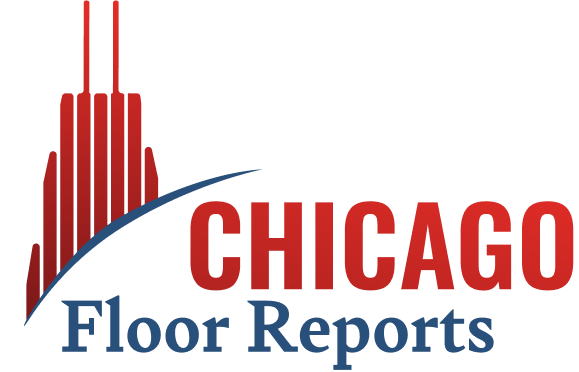Sweet Treats Recall: Listeria Alert for Hershey’s, Jeni’s, and Friendly’s Ice Cream!
The recent recall of ice cream products from Hershey’s, Jeni’s, and Friendly’s due to potential Listeria contamination has raised concerns among consumers and health officials. Listeria monocytogenes is a bacterium that can cause serious and sometimes fatal infections in young children, elderly individuals, and those with weakened immune systems. In light of this issue, it is essential for consumers to understand the implications of Listeria contamination, the challenges faced by food manufacturers in preventing such incidents, and the importance of proactive measures to ensure food safety.
Listeria contamination in food products poses a significant public health risk due to the bacterium’s ability to survive and multiply at refrigeration temperatures. Unlike many other bacteria, Listeria can grow and persist in cold environments, making refrigerated and frozen foods susceptible to contamination. Once ingested, Listeria can cause symptoms such as fever, muscle aches, nausea, and diarrhea. In severe cases, it can lead to meningitis, septicemia, and complications during pregnancy.
Food manufacturers like Hershey’s, Jeni’s, and Friendly’s face numerous challenges in preventing Listeria contamination throughout the production process. Despite implementing stringent quality control measures and adhering to food safety regulations, the potential for contamination still exists due to the complex nature of food processing and distribution. Factors such as inadequate sanitation practices, cross-contamination, and environmental conditions can contribute to the introduction and spread of Listeria in food facilities.
To mitigate the risk of Listeria contamination, food manufacturers must adopt a comprehensive approach to food safety that encompasses hazard analysis, risk assessment, and control measures. This includes conducting regular testing for pathogens, implementing sanitation protocols, monitoring environmental conditions, and ensuring proper storage and handling practices. Additionally, employees must receive adequate training on food safety protocols and adhere to strict hygiene standards to minimize the risk of contamination.
In response to the recent recall of ice cream products, consumers are advised to be vigilant and proactive in protecting themselves from potential Listeria exposure. It is essential to check product labels for any recalled items and promptly dispose of or return them to the point of purchase. Consumers should also follow proper food handling practices, including washing hands thoroughly before and after handling food, storing perishable items at the correct temperature, and avoiding cross-contamination between raw and cooked foods.
Overall, the recent recall of ice cream products due to Listeria contamination highlights the challenges faced by food manufacturers in ensuring food safety and the importance of consumer awareness and vigilance. By understanding the implications of Listeria contamination and taking proactive measures to mitigate the risk, both manufacturers and consumers can work together to prevent foodborne illnesses and protect public health.




